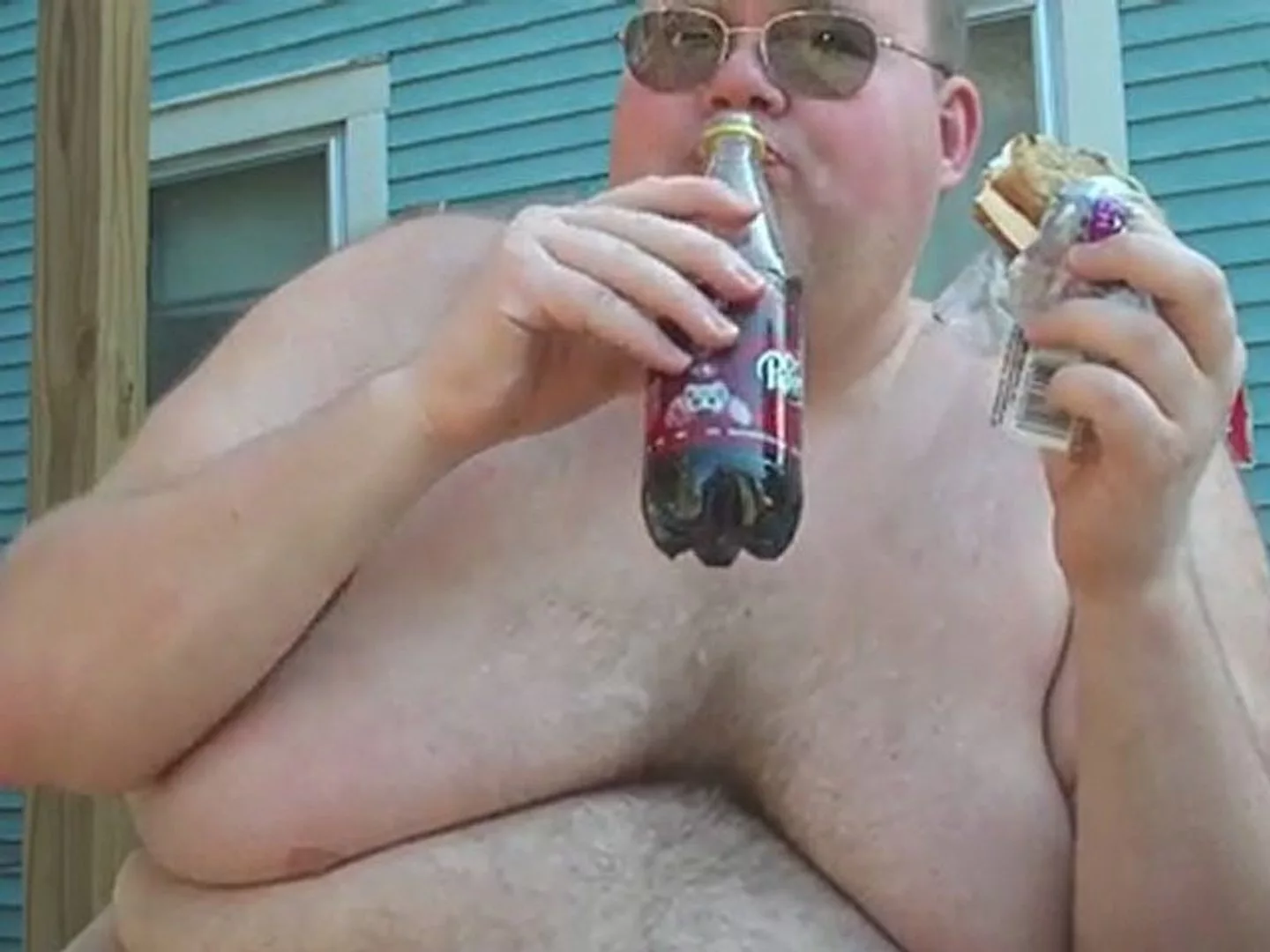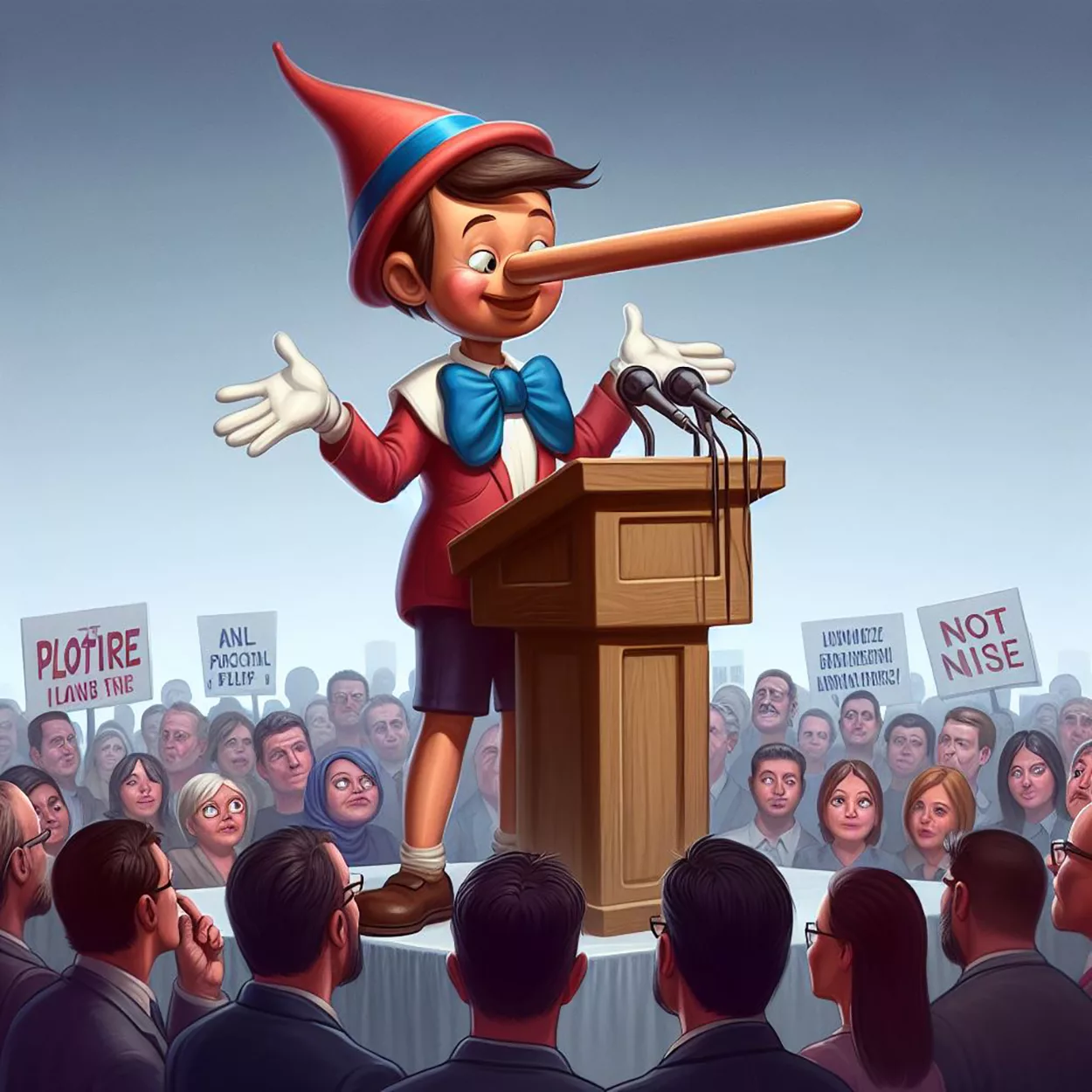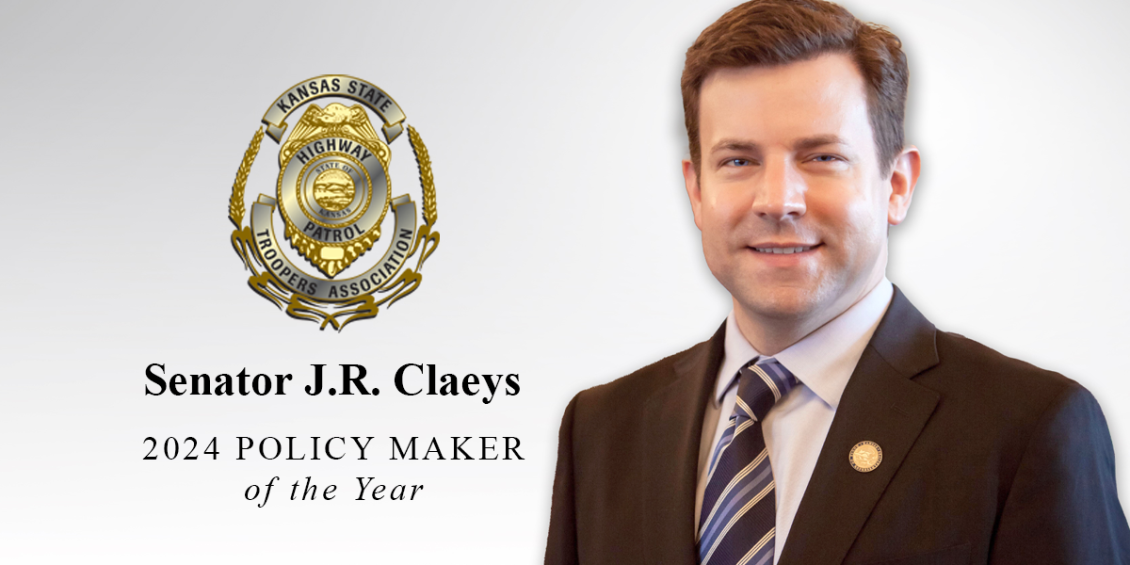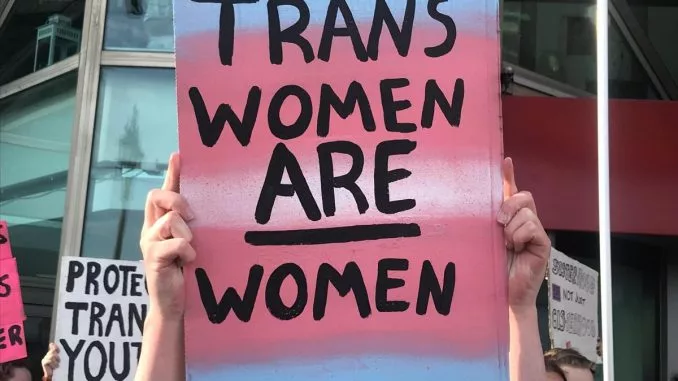A bill in the Kansas Legislature would bar use of the Supplemental Nutrition Assistance Program (SNAP, better known as Food Stamps) to buy candy and soda pop, which would require permission from the federal government.
It’s roused something of a furor, since apparently it’s insulting to tell people what they and their children can and cannot buy with state and federal money. Never mind that there’s strong precedent in that Food Stamps have never been allowed for liquor, beer or tobacco, even though both liquor and beer have more nutritional value that most soda.
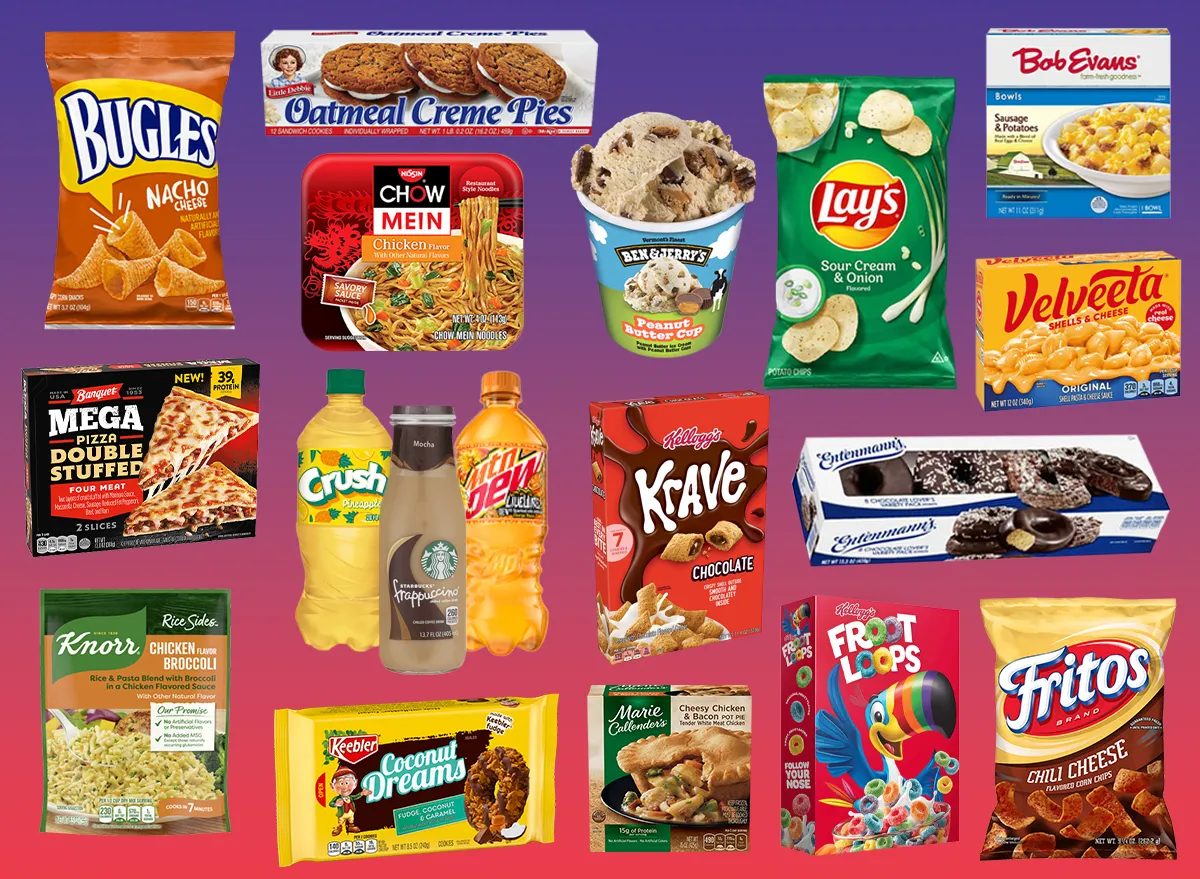
House Bill 2673 was introduced by Rep. Francis Awerkamp, a St. Marys Republican who is chair of the House Welfare Reform Committee. It was hatched and promoted by Roy Lenardson of Florida, who works for the Foundation for Government Accountability and its lobbying arm, known as the Opportunity Solutions Project, according to the Topeka Capital-Journal.
Even Lenardson admits that the feds are unlikely to grant Kansas the waiver required to implement such a rule change for the Food Stamps program, however, so why the Legislature is being asked to consider the bill is somewhat murky. We guess it makes everyone feel like they are “doing something” about welfare reform.
“What is nutritious about Coca-Cola, Mountain Dew, Cheetos and Twinkies?” the lobbyist asked. “And how are sugary drinks and candy helping solve the issue of food insecurity?
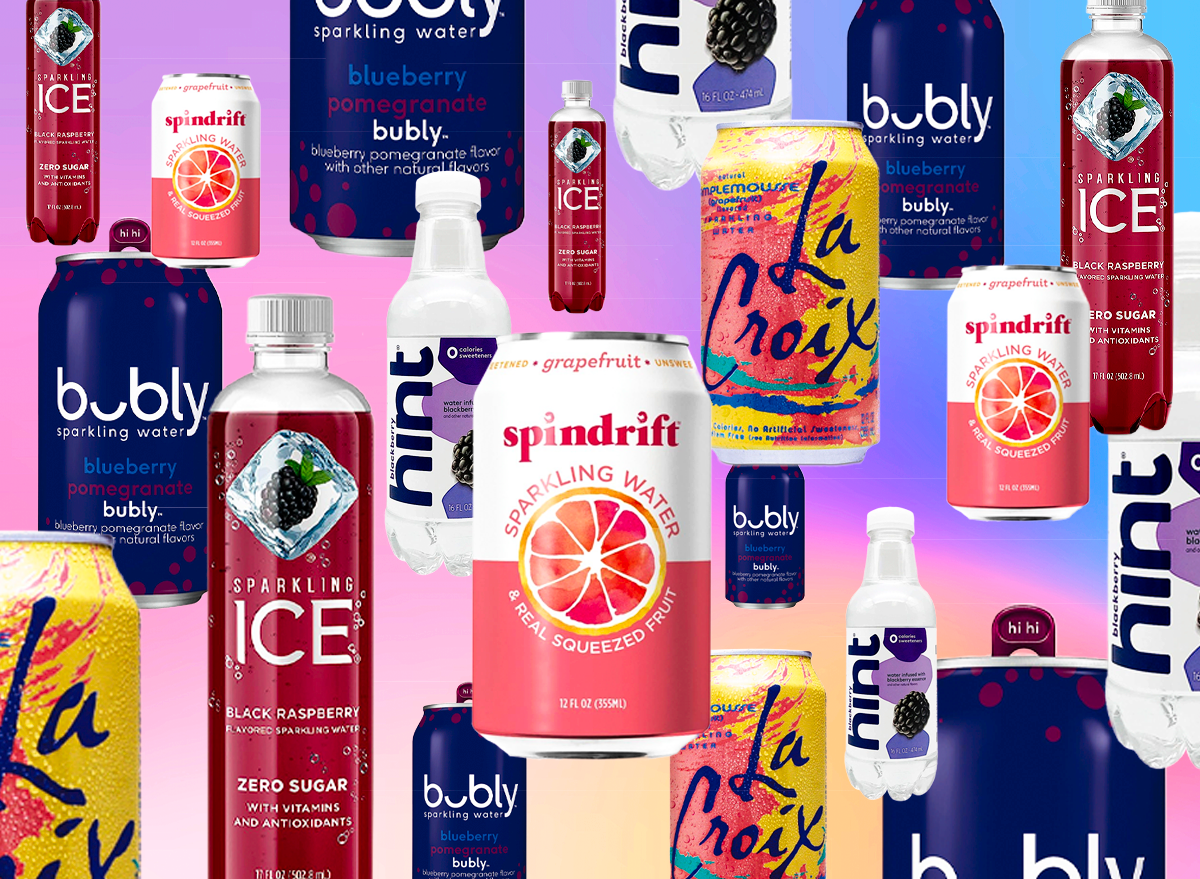
“I don’t know. But Food-Stamp benefits should buy milk, not Mountain Dew. That’s our position.”
We’d have to agree. It’s not like in the midst of an obesity epidemic, kids in particular need state-bought candy or soda. And even “diet” soda apparently would be restricted, considering the research showing it’s almost as bad for us as the sugary stuff.
Lenardson predicted opposition from the “junk-food” lobby, including, “Pepsi, Frito-Lay, Coca-Cola and Little Debbie, (which) rake in massive profits from taxpayer-funded Food-Stamp benefits.”
Lobbyists did line up to oppose the bill, including those for business groups, the beverage industry, grocery and convenience stores, but also from food banks, advocates for children, “community” advocates and the state’s child-welfare agency.
Under the proposed bill, candy is defined as “a preparation of sugar, honey or other natural and artificial sweeteners in combination with chocolate, fruits, nuts or other ingredients or flavorings in the form of bars, drops or pieces,” but “does not include any preparation containing flour and shall require no refrigeration.”
Soft drinks “do not include beverages that contain milk or milk products, soy, rice or similar milk substitutes or beverages that are greater than 50 percent vegetable or fruit juice.…”
Lobbyist Jon McCormick of the Retail Grocers Association said his members “don’t want to be the food police.”
One group opposing the bill was Kansas Action for Children. Are they saying sugar is good for kids?
Others complained about the difficulty of policing sales. A representative of convenience stores said his members might just stop accepting Food Stamps rather than get involved.
Another said we should keep “big government out of our grocery carts.” We can appreciate that. Still, we have to ask, why should taxpayers be forced to pay for people’s candy and soda when they may be having a tough time paying for their own groceries?
We’d like to hear a good answer to that question.

Steve Haynes
Steve Haynes is the former president of Nor'West Newspapers in Oberlin, Kan. He was president of both the Kansas Press Association and National Newspaper Association, and is a member of the Kansas Newspaper Hall of Fame.

